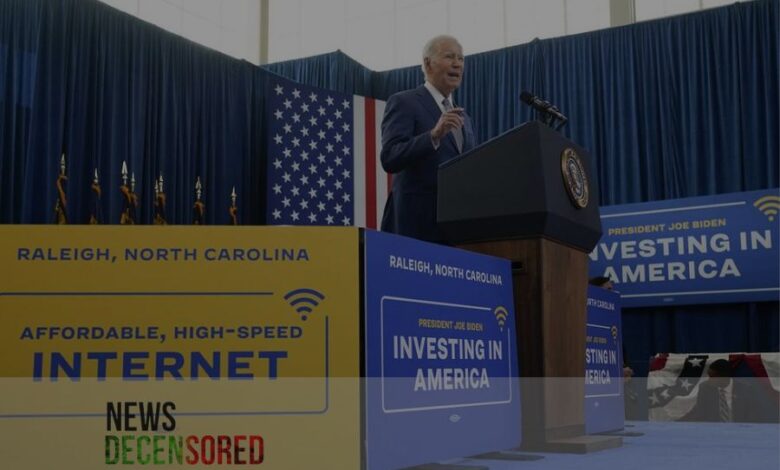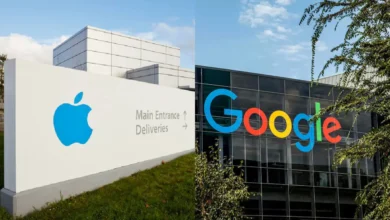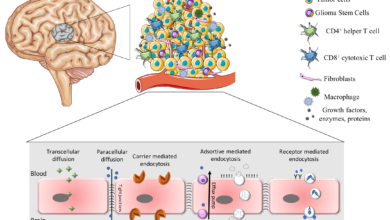Internet bills hike in the US as the federal funds run dry

Millions Face Internet Cliff in the US as Popular Benefit Program Runs Dry.
The US government is facing a looming crisis as a vital program providing internet access to low-income Americans is set to expire. The Federal Communications Commission (FCC) announced that next month, the Affordable Connectivity Program (ACP) will only be able to offer partial benefits due to a lack of funds. This could plunge millions of households into economic distress by forcing them to choose between internet access and basic necessities.
The ACP, established in 2021, provides monthly discounts on internet service for over 23 million households, including seniors, veterans, and schoolchildren. This pandemic-era program played a crucial role in bridging the digital divide, ensuring low-income families could access essential online resources like education, healthcare, and job opportunities.
However, Congress’s failure to extend funding for the ACP has created a major roadblock. April will be the last month the program can offer full benefits. By May, the FCC predicts the program will only have enough resources to distribute a meager 46% of the usual discount before shutting down completely.
This partial benefit will leave a significant gap for ACP subscribers. Many have told CNN that without the full discount, they could face a stark choice: pay hundreds of dollars more per year for internet access or potentially lose it altogether. This could have devastating consequences, as internet access has become indispensable for daily life, impacting everything from schoolwork to job applications to accessing healthcare information.
The blame game has begun, with the Biden administration pointing fingers at congressional Republicans for blocking legislation that would replenish the ACP’s coffers. While House Speaker Mike Johnson has remained silent on his stance regarding the program’s renewal, Senate Majority Leader Chuck Schumer has voiced his support for additional funding. Public opinion surveys suggest the ACP enjoys bipartisan support amongst Americans.
A glimmer of hope emerged with a recent bipartisan effort. Two Senators, Sherrod Brown (D-OH) and Roger Marshall (R-KS), co-sponsored a Senate bill proposing $7 billion in new funding for the ACP. This brings the total number of Senate cosponsors to five, with the House version already garnering support from over half its members.
The FCC, in an attempt to mitigate the potential fallout, is urging internet service providers (ISPs) to voluntarily bridge the funding gap. This could involve offering their own discounts, creating low-cost internet plans specifically for low-income households, or taking other steps to ensure continued service access.
The situation remains precarious. Millions of Americans face the prospect of losing their internet connection unless Congress acts swiftly to secure additional funding for the ACP. Whether ISPs will step in with voluntary measures remains to be seen. One thing is certain: the clock is ticking, and without a solution, millions could be left on the wrong side of the digital divide.




